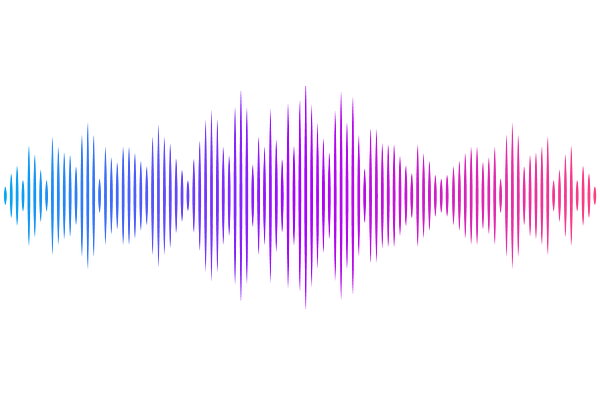How Rules Represent Causal Knowledge: Causal Modeling with Abductive Logic Programs

How Rules Represent Causal Knowledge: Causal Modeling with Abductive Logic Programs
Kilian Rückschloß, Felix Weitkämper
AbstractPearl observes that causal knowledge enables predicting the effects of interventions, such as actions, whereas descriptive knowledge only permits drawing conclusions from observation. This paper extends Pearl's approach to causality and interventions to the setting of stratified abductive logic programs. It shows how stable models of such programs can be given a causal interpretation by building on philosophical foundations and recent work by Bochman and Eelink et al. In particular, it provides a translation of abductive logic programs into causal systems, thereby clarifying the informal causal reading of logic program rules and supporting principled reasoning about external actions. The main result establishes that the stable model semantics for stratified programs conforms to key philosophical principles of causation, such as causal sufficiency, natural necessity, and irrelevance of unobserved effects. This justifies the use of stratified abductive logic programs as a framework for causal modeling and for predicting the effects of interventions